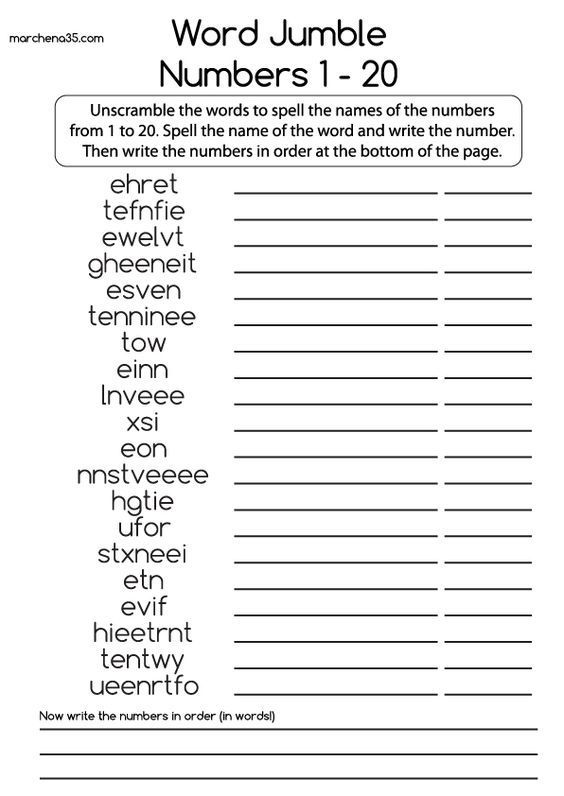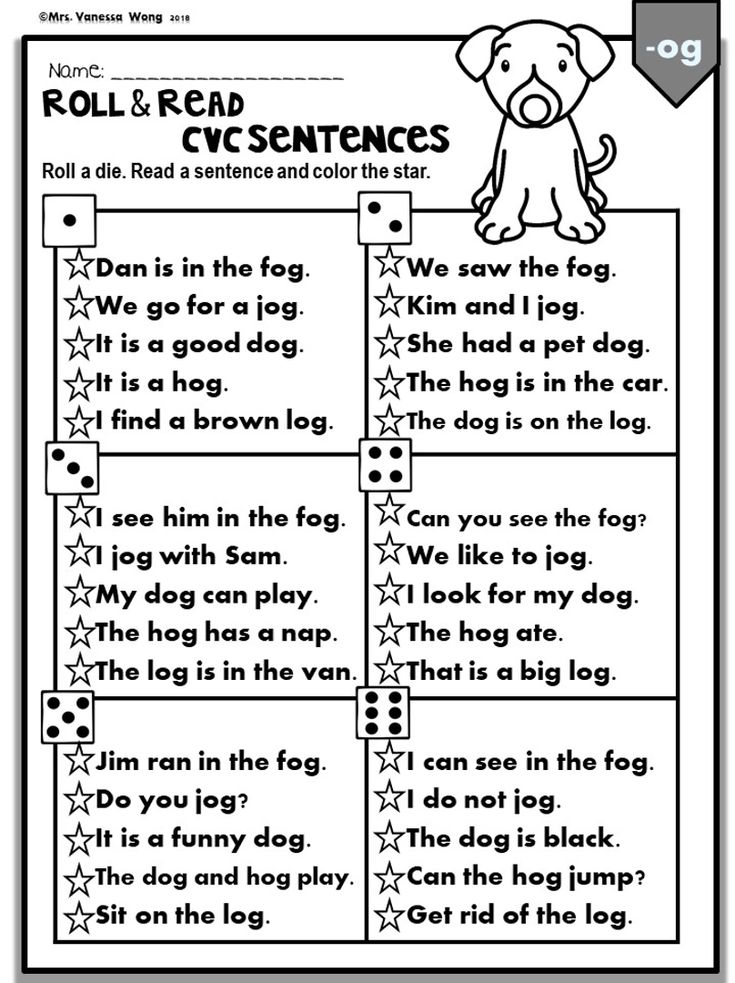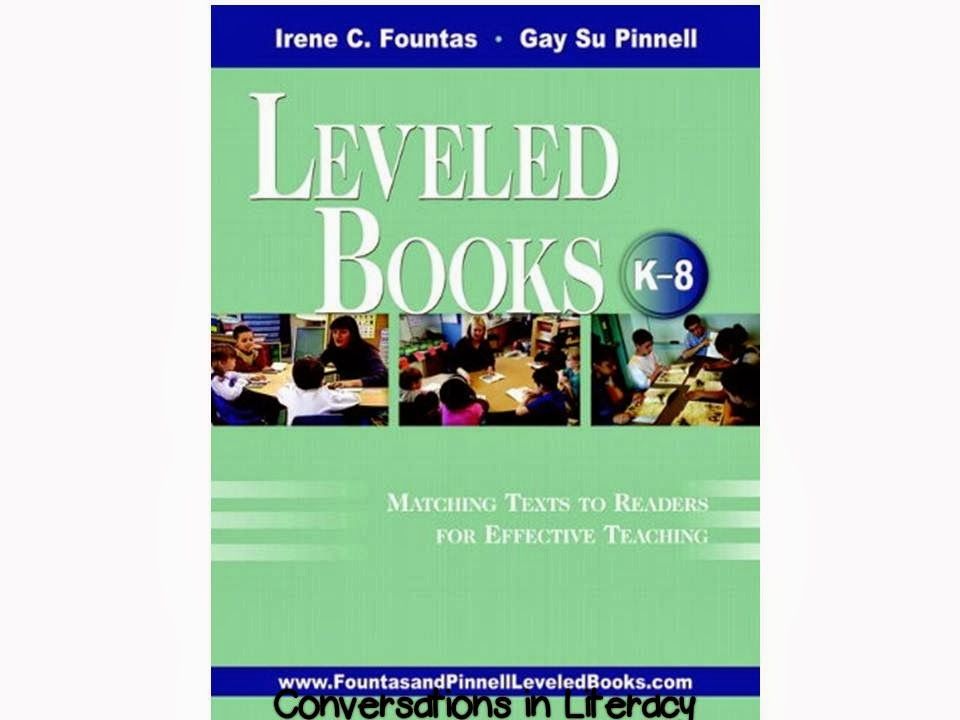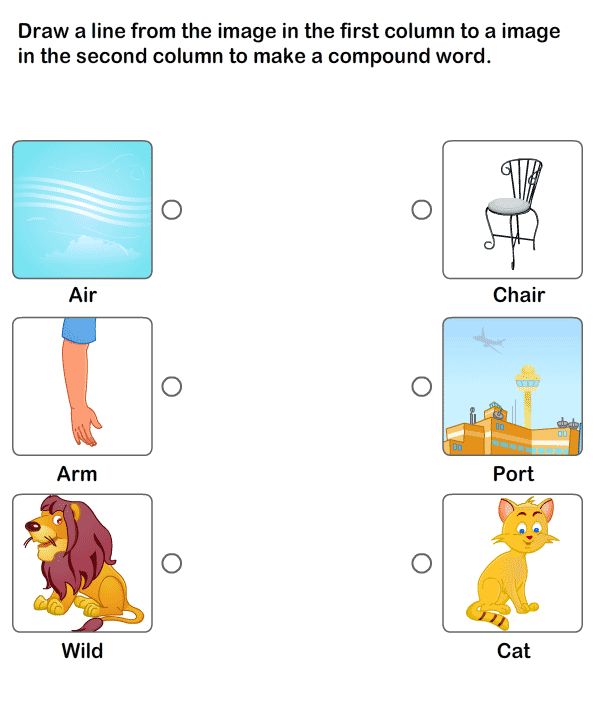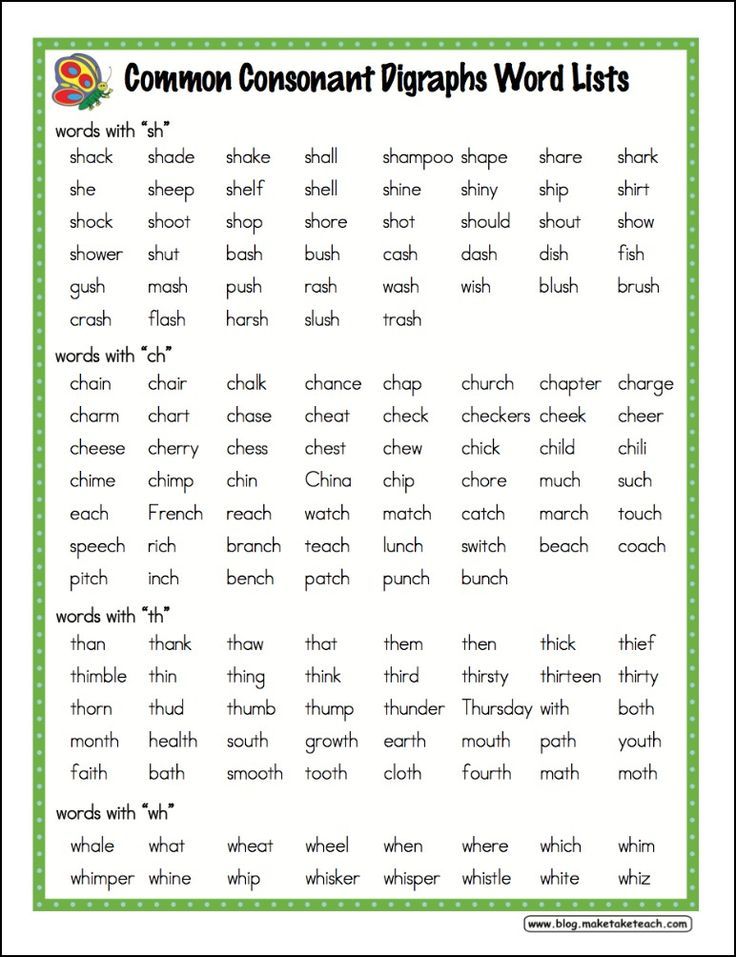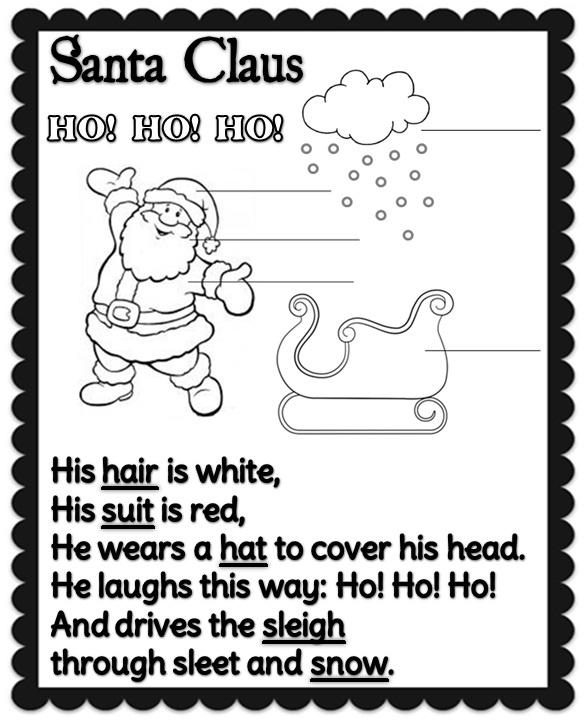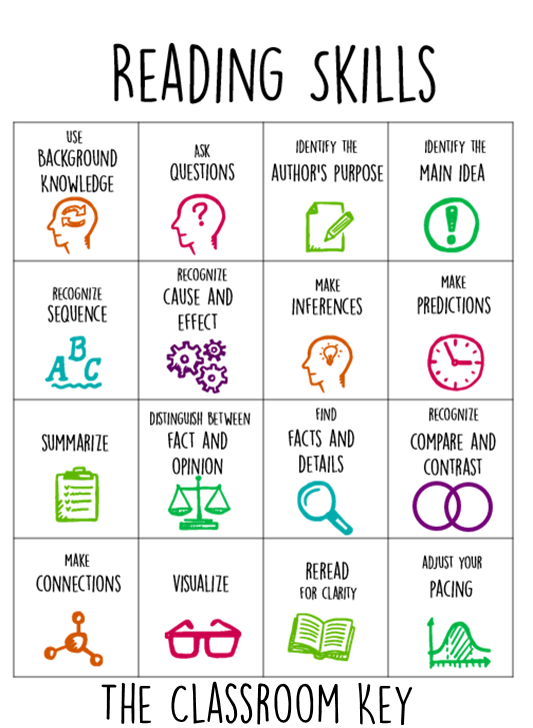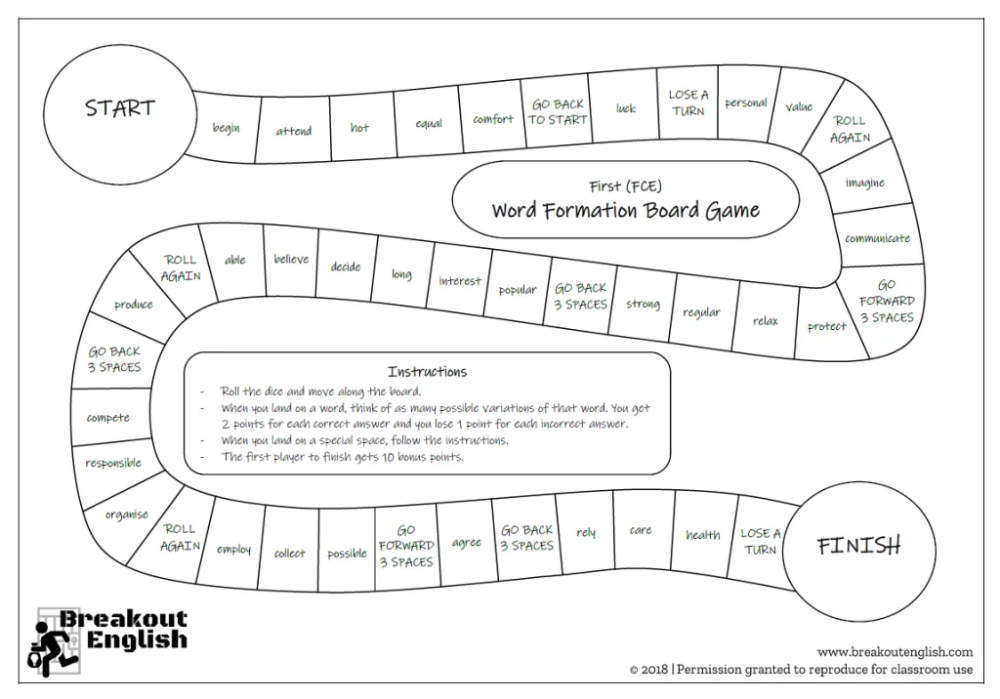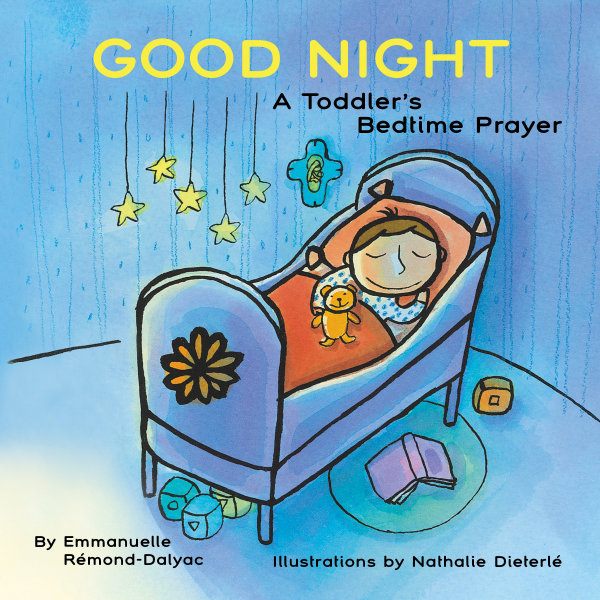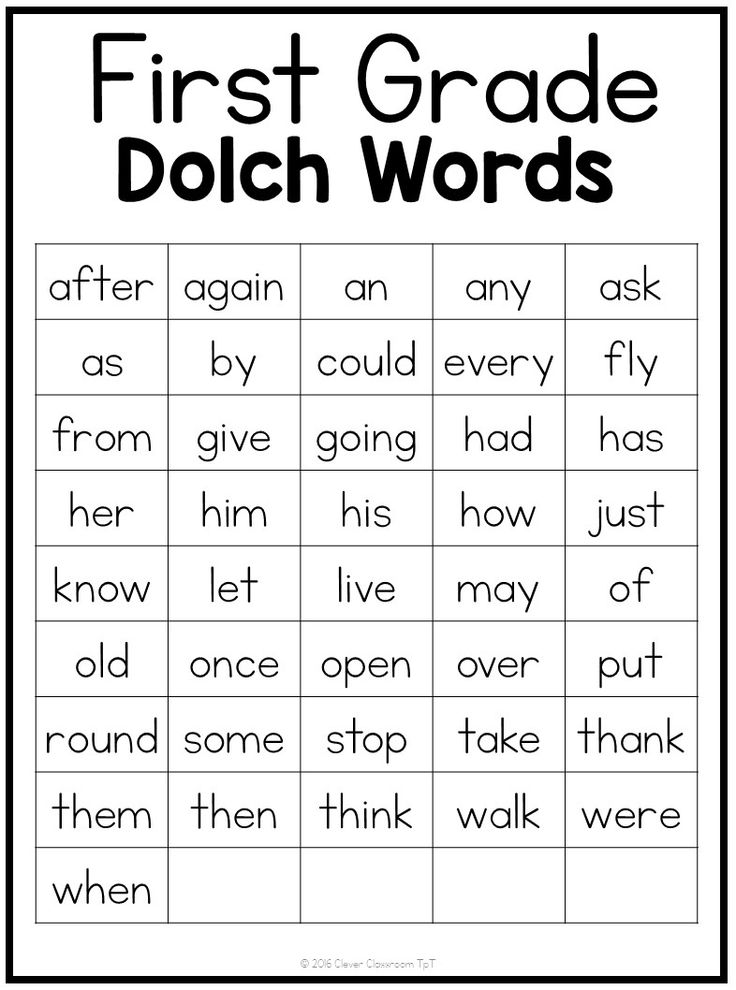Spelling games year 5
Words and Spelling, English Games for 5-7 Years
Choose a Category:
Letters and Sounds Punctuation Words and Spelling Learning to Read Writing Stories-
Little Bird Spelling
This spelling game has tricky words listed in the National Curriculum as being 'common exception words'. It is a look, cover, write and check game.
-
Spooky Spellings
This spelling game uses the words listed in the UK National Curriculum as being 'Common Exception Words' or tricky words.
-
Alphabetical Ordering
This is a game for practising ordering words into the order they appear in the alphabet. The 6 levels extend from using the first letter of the words, to ordering words where the fourth letter determines the order.
-
Forest Phonics
Forest Phonics is a spelling game where you can select the phonemes you want to focus on.
-
Small Town Superheroes
18 mini games to help you with your Key Stage 1 English skills such as suffixes and prefixes, punctuation and sentences. There are two levels of difficulty.
-
Karate Cats
A Key Stage 1 English game where you need to complete sentences, find the correct spellings and choose the correct places for full stops.
-
Pirate Treasure Hunt
Can you help Pirate Jack find the treasure on the island? Explore the island, follow the instructions carefully and complete the eight challenges to achieve your goal.
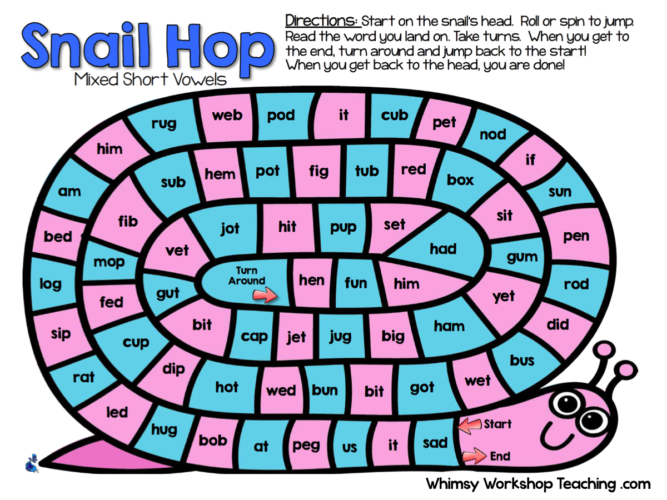
-
Sighties
A delightful game where you find the sight words. This game is based on the first 100 high frequency words used in reading and writing.
-
Magic Verbs
Choose a better verb to make the sentences more interesting. The characters are animated to match the verbs. The game is lends itself well to starter or plenary sessions displayed on an interactive whiteboard.
-
Rhyme Time
Help Di, an artist, paint three pictures of some rhyming phrases that you create.
-
Spellingframe
A spelling game with some free spellings taken from the spelling curriculum in England. Each word is read aloud, included in a sentence and broken into syllables.
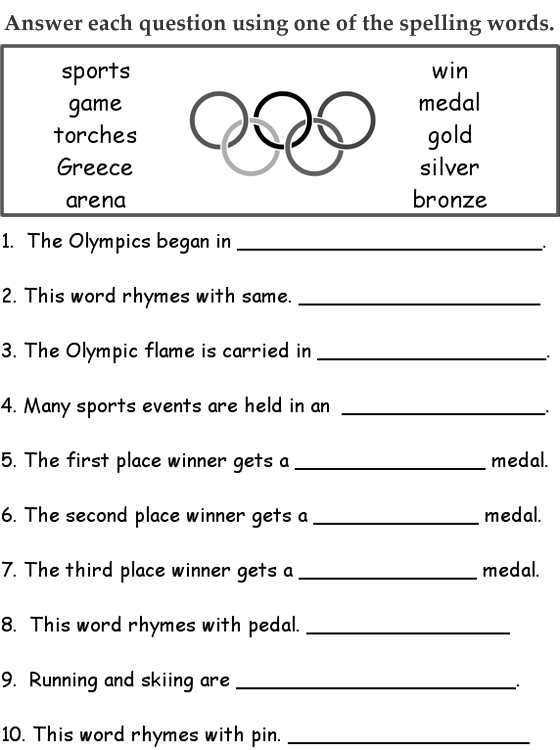
-
Violet's Vowel Suffix
A spelling game with two parts: a demonstration mode and a game mode. It teaches important suffixes such as ing, ed, ey and er. It is great for teaching when to double consonants when adding suffixes.
-
Plural Pirates
A useful spelling tutorial and game about adding s or es to a word to make it into a plural. It also covers plurals of words ending in y.
Spelling and Grammar, English Games for 7-11 Years
- 3-5 Years
- 5-7 Years
- 7-11 Years
Play these fun English Games for 7-11 year olds
Choose a Category:
Spelling and Grammar Punctuation Writing Alphabetical Ordering Stories Reading-
Points of View Newspaper Report
Witnesses to accidents can see different things.
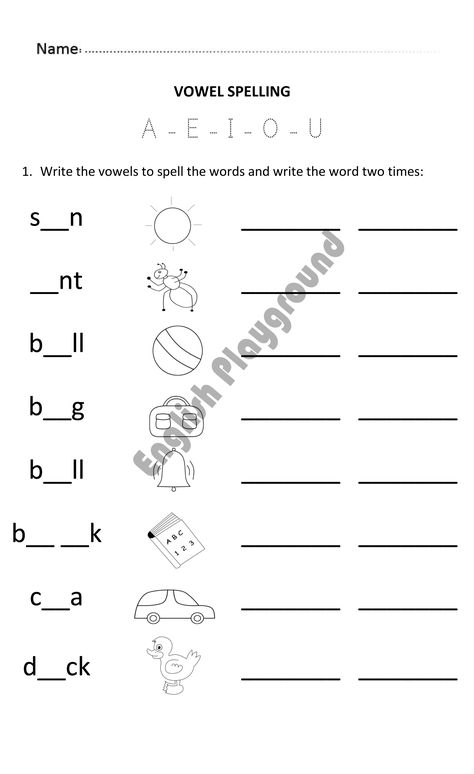 Read and listen to two witness reports of a skateboarding accident, and learn about how journalists structure newspaper reports and use verbs, adverbial phrases and pronouns to create an effect.
Read and listen to two witness reports of a skateboarding accident, and learn about how journalists structure newspaper reports and use verbs, adverbial phrases and pronouns to create an effect. -
Creepy Verbs and Adverbs in Super Stories
Transform a boring horror story into a bestseller by selecting effective verbs and adverbs to increase its impact and make it more exciting. Select illustrations that highlight the horror as the story of the Sea Cave unfolds.
-
Finish the Story: Bushfire
Edit the comic book adventure called Bushfire to make the story more interesting. Choose a conclusion for the story and then improve the grammar by looking changing nouns to pronouns, by adding adverbs and choosing saying verbs.
-
Spellingframe
A free spelling game where every word from the KS2 spelling curriculum is included.
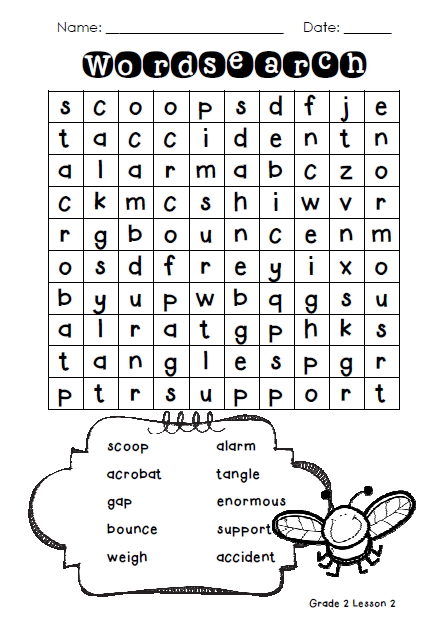 Each word is read aloud, included in a sentence and broken into syllables. Ideal for homework or use in class.
Each word is read aloud, included in a sentence and broken into syllables. Ideal for homework or use in class. -
Spooky Spellings
This spelling game uses the words listed in the UK National Curriculum as being 'Common Exception Words' or tricky words.
-
Super Stories - Nouns and Adjectives
A game that can help you to improve your use of nouns and adjectives. You get to be an editor who improves a fairly dull story into a bestselling horror story. Select great nouns, adjectives and illustrations to improve the story's impact.
-
Look, Cover, Write, Check
A Look, Cover, Write, Check spelling site where you can test yourself on high frequency words, spelling patterns, tricky words or enter your own words easily to test your knowledge.
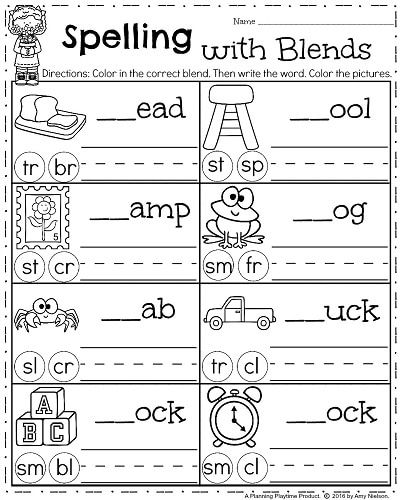
-
Coconut Vowels
A fun spelling game where you need to think quickly or it's game over. Fill in the gaps in the words to make a real words. There are different levels of difficulty. For teachers' information the game focuses on vowel digraphs.
-
Naming Nouns
Learn all about all types of nouns and how to use them. Then test your knowledge on the quiz and game.
-
Adjective Detective
A super site which explains what adjectives are. Test your knowledge of adjectives on the quiz and game.
-
Word Frog
Match antonyms, synonyms and homonyms in this language arts game.
-
Noun Explorer
A game where you need to click on the fish with the noun to feed a worm to the fish.
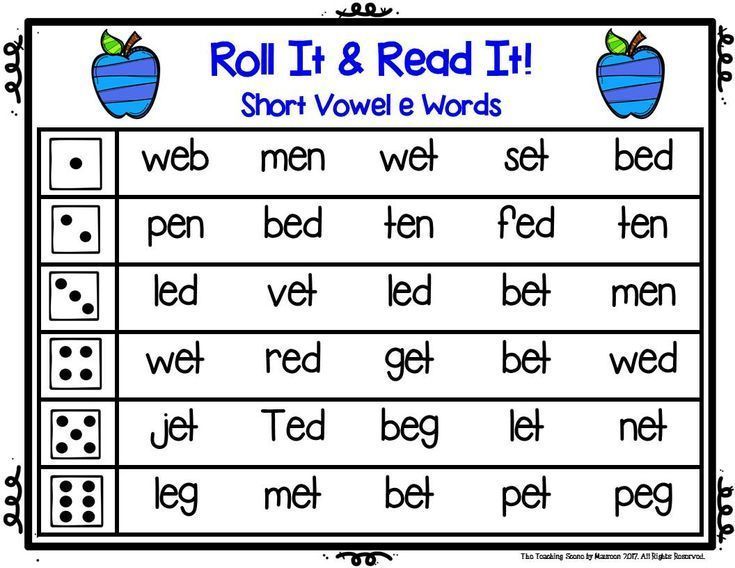
-
Verbs in Space
See if you can spot the verbs. In this game you need to click on the robot holding the verb to whack it!
-
Adjective Adventure
Click on the label which has an adjective to feed the spider with a fly. The sound can be annoying.
-
Nouns, Verbs and Adjectives
A game where you need to find the nouns, verbs or adjectives to launch a rocket.
-
Magic Verbs
Choose a better verb to make the sentences more interesting. The characters are animated to match the verbs. The game is lends itself well to starter or plenary sessions displayed on an interactive whiteboard.
-
Amazing Words
Amazing Words is all about prepositions.
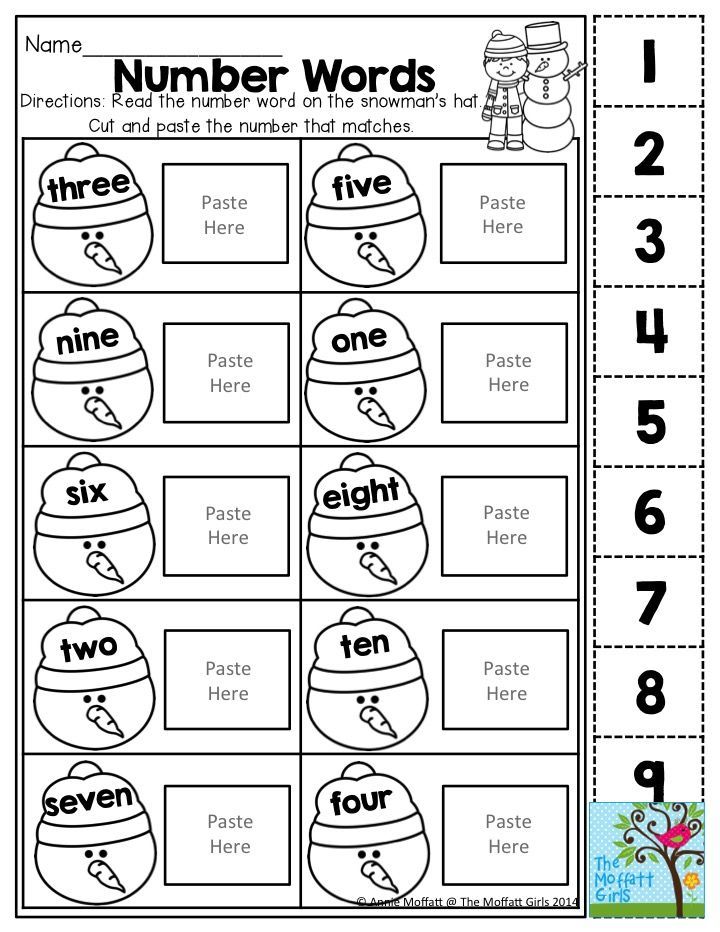 It explains what prepositions are and includes activities where you can identify the prepositions in sentences.
It explains what prepositions are and includes activities where you can identify the prepositions in sentences. -
Violet's Vowel Suffix
A spelling game with two parts: a demonstration mode and a game mode. It teaches important suffixes such as ing, ed, ey and er. It is great for teaching when to double consonants when adding suffixes.
Lesson-game in Russian in the 5th grade "Spelling of roots with alternating root vowels".
Russian language lesson-game in the 5th grade "Spelling of roots with alternating root vowels".
Development of a Russian language lesson for 5th grade students. This is the first lesson on the topic “Spelling roots with alternating vowels A-O”. The peculiarity of this lesson is that it uses a support block. The task of the support block is to facilitate the understanding of new information and fix it in long-term memory.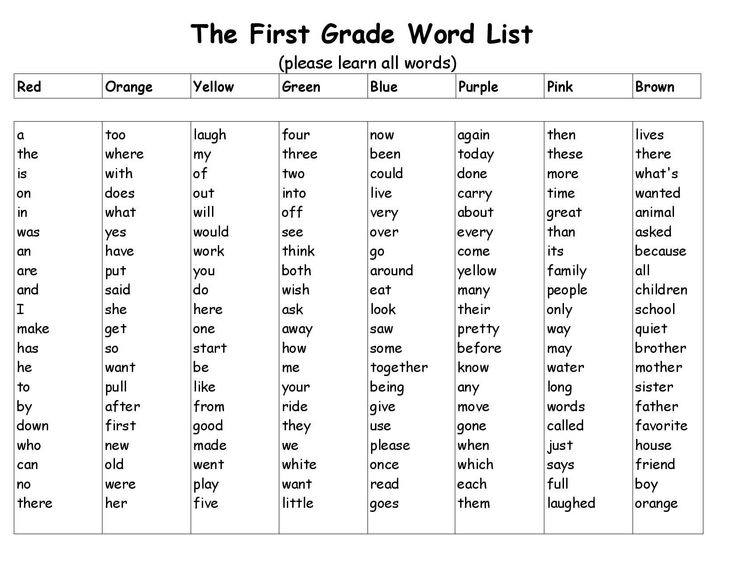 After all, with such a system of learning, all three memory mechanisms work to varying degrees: auditory, visual, and motor. The main element is the reference block, which visually represents compressed information in a conditional form to be assimilated. The developed didactic material is offered for the block.
After all, with such a system of learning, all three memory mechanisms work to varying degrees: auditory, visual, and motor. The main element is the reference block, which visually represents compressed information in a conditional form to be assimilated. The developed didactic material is offered for the block.
Topic: Spelling of roots with alternating vowels A-O.
Purpose: to introduce students to the alternation of vowels a-o in the root of the word; to form the ability to consciously perceive, formulate the rule and clearly remember in the course of actions for its application; work on identifying features and graphic designation of the spelling “Letters a-o in root with alternating -lag-, -loose-, -cas-, -kos-. -gar-, -gor-, -zar-, -zor-, -rast-. -rasch-, -ros- “to develop spelling vigilance in students.
Equipment: reference notes, didactic material.
Course of the lesson
1. Organizational moment.
2. Checking homework.
- Pay attention, you have leaflets with didactic material on your tables.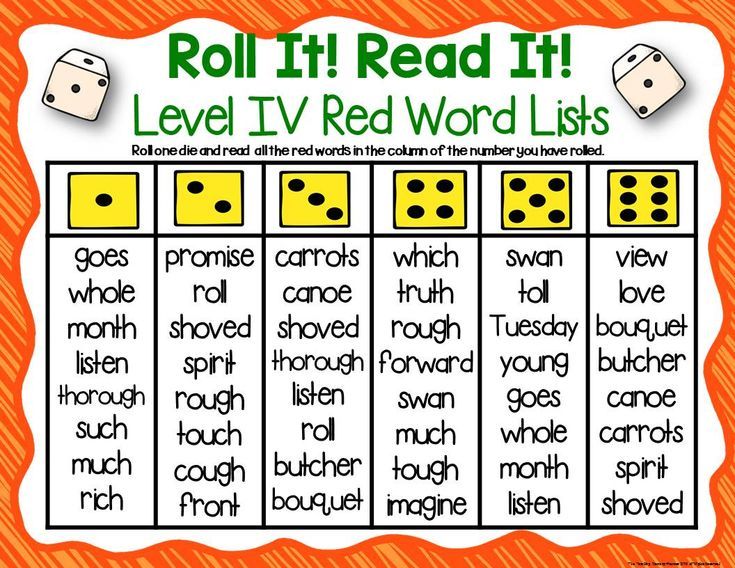 The first task is a warm-up.
The first task is a warm-up.
3. Warm-up “The Third Extra”
Grow, overgrow, have grown.
Offer, fold, arrange.
Touch, touch, touch.
(Students are called to the board to sort out the extra words by composition.)
a) …… is a branch of the science of language that studies the composition (structure) of a word.
b) …… are the smallest meaningful parts of a word.
c) A part of a word without an ending is ....
d) The common part of related words, which contains their main meaning, is - ...
e) .... - this is a significant part of the word that comes after the root and usually serves to form new words.
(Children name the terms.)
4. Explanation of the new material.
Working with a flowchart: explanation, repetition, addition, consolidation.
- Guys, open the textbook on page 145 No. 51. Carefully review it and tell me, have we noted all the spellings in this summary? Missed nothing?
- Complete your base notes.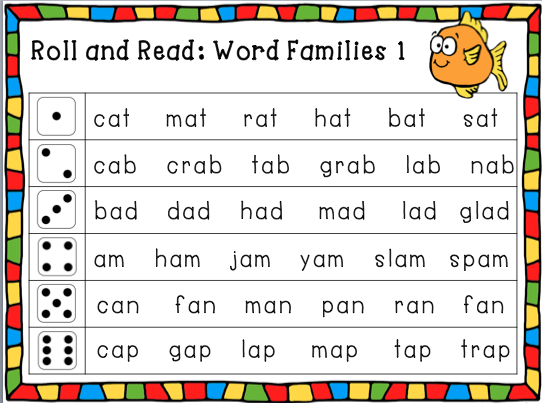
(Working with the textbook)
(Physical minute.)
5. Consolidation of new material.
- Guys, where have we already met with this spelling?
(Warming up)
– And now I'll give you 1 minute. View again. Who will try to repeat this one?
Work with didactic material
Birds, certificate, touch, growth, chicken, tennis, climax, touch, grow, highway, plant, age, adjective, exposition.
4.
a) Sunburnt people came in the morning with axes and shovels.
b) Poplar and bird cherry grew strongly and suppressed other trees.
c) When the ax touched the young sprouts, I felt sorry for them.
d) I thought that the sprouts draw juice from the old poplar.
e) Young sprouts grew rapidly.
-
Guess what!
-
Combustion gas. (Carbon.)
-
“Escaped” milk from the pan. (Burnt.)
-
Formed from sun exposure. (Tan)
-
Pie just out of the oven.
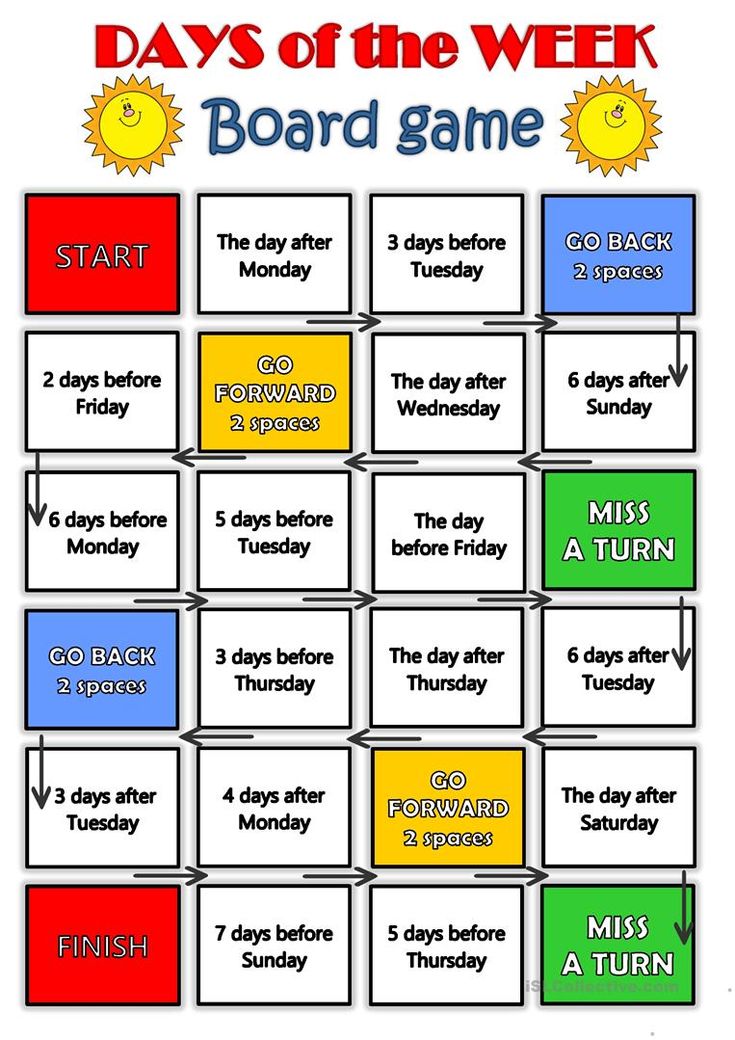 (Hot.)
(Hot.) -
The bird that sings at dawn. (Zaryanka.)
Exl..live a newspaper, cherry r..sla, st..live a doll, comfortably located..live, touch the walls, light touch ..dream, offer ..gave a cup of tea, finish the presentation, fair-haired k..sa.
-
What rooms do you or your relatives and friends have?
-
How many times a day is the floor..pol..growth these rivers..walls?
-
How many centimeters have you grown..s(vy..sla) in the last year?
-
Who among the girls in class (s, ss) has the longest (n, nn) th k..sa?
-
Apply labor to a just cause. (Bias.)
-
Don't leave till tomorrow what you can do today. (B. Franklin)
-
… the mind consists not only in knowledge, but also in the ability to apply knowledge in practice… (Proverb)
6. Reflection. Imperceptibly put “5” on the board and write “Well done!”
- Guys, pay attention to the blackboard. What's new do you see? How will you leave the lesson?
What's new do you see? How will you leave the lesson?
7. Homework.
Didactic game in Russian "Not with different parts of speech"
- Soromotina Alla Mikhailovna
Sections: Russian language
Classes: 6, 7
Keywords: not with a verb NOT with participles
Explanatory note
The Russian language is one of the most difficult subjects in school. Therefore, the teacher needs to develop students' interest in this subject, to make learning the Russian language as joyful and exciting as possible.
One of the most effective means that can arouse interest in Russian language classes is a didactic game.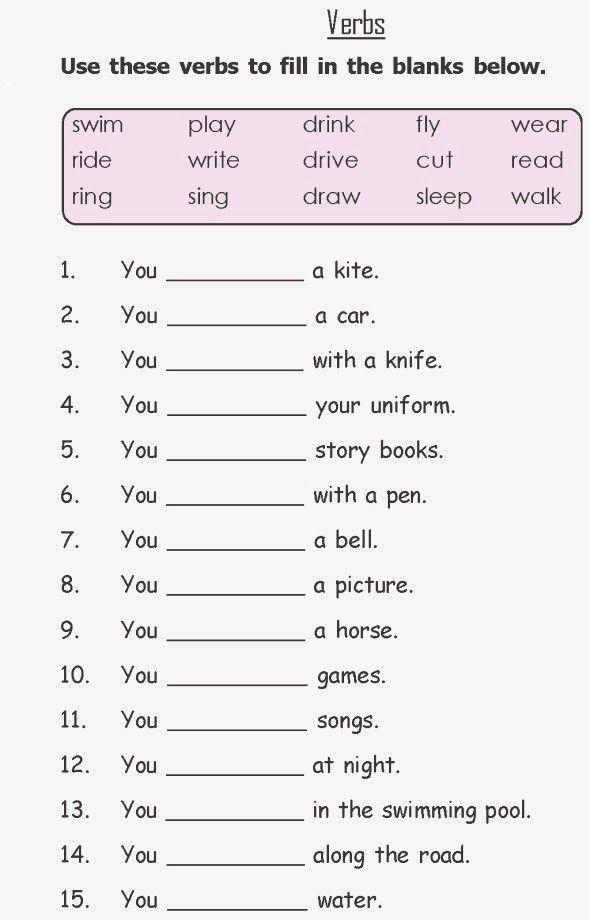 The purpose of the game is to arouse interest in knowledge, science, books, teachings. When children are included in the situation of a didactic game, interest in learning activity increases sharply, the material being studied becomes more accessible to them, and their working capacity increases significantly.
The purpose of the game is to arouse interest in knowledge, science, books, teachings. When children are included in the situation of a didactic game, interest in learning activity increases sharply, the material being studied becomes more accessible to them, and their working capacity increases significantly.
After all, the fact that the game is part of the educational process is not a secret for anyone. The game helps to form the phonemic perception of the word, enriches the child with new information, activates mental activity, attention, and most importantly - stimulates speech. As a result, children have an interest in the Russian language. Not to mention the fact that didactic games in the Russian language contribute to the formation of a student's spelling vigilance.
There are a lot of difficult topics that require constant attention to them in the course of the Russian language. And one of the most difficult topics is "Spelling a particle NOT with different parts of speech.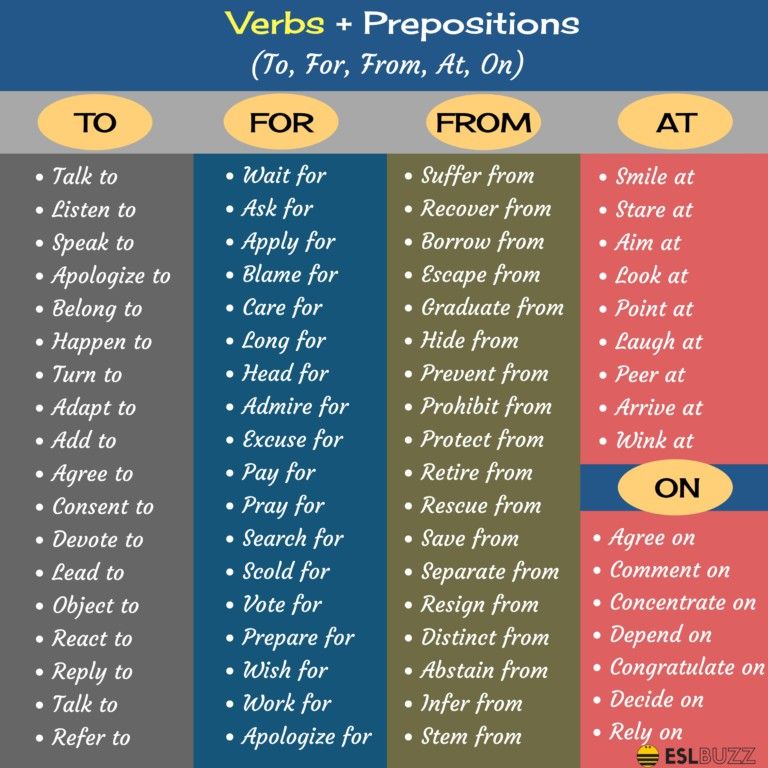 " This topic requires the constant attention of the teacher in the process of teaching students from the 5th to the 11th grade.
" This topic requires the constant attention of the teacher in the process of teaching students from the 5th to the 11th grade.
In the 7th grade, new sections are added to the previously studied rules on this topic: “Spelling Not with participles”, “Spelling Not with participles” and “Spelling Not with adverbs”. To better consolidate this topic, I developed a board game - lotto "Spelling of the particle Not with different parts of speech."
Purpose: consolidation of knowledge about the spelling of the particle NOT with different parts of speech
Tasks:
- Systematize knowledge about writing a particle NOT with different parts of speech
- Improve spelling skills of writing particle Not with different parts of speech
- Develop logical and critical thinking, the ability to select material, argue your point of view.
- To develop the cognitive interest of schoolchildren through the game form
- Develop attention, memory
Methods of using the didactic game in the Russian language course
This didactic game can be used at the stage of fixing the material on spelling Not with different parts of speech in grade 7 during group and individual work of students.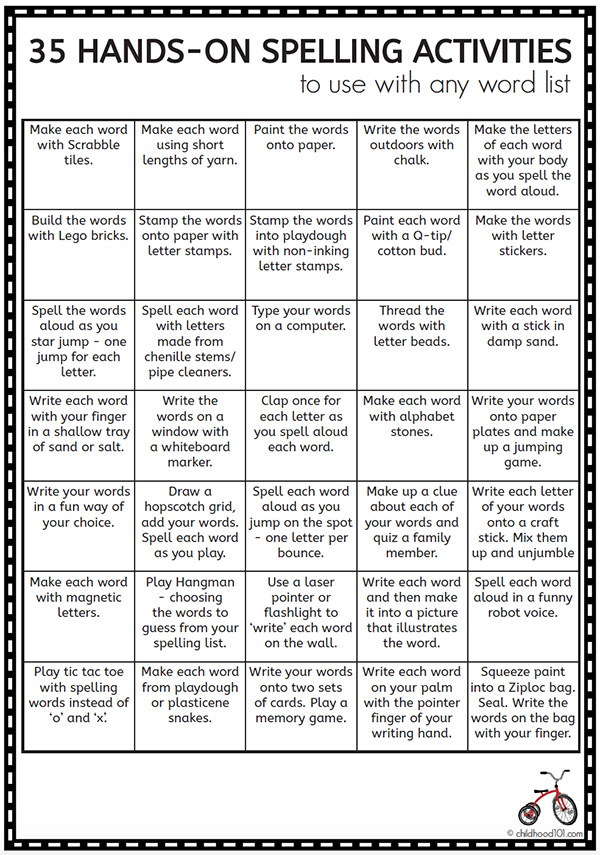 In addition, some of the material of this game can be used in the 6th grade, after studying topics on spelling Not with nouns, adjectives and verbs (the course of the game is described in the explanatory note to the didactic game).
In addition, some of the material of this game can be used in the 6th grade, after studying topics on spelling Not with nouns, adjectives and verbs (the course of the game is described in the explanatory note to the didactic game).
The game was held by me in the 2019-2020 academic year in grade 6b at Russian language lessons to reinforce the topics “Spelling Not with adjectives, nouns and verbs”. As a result of the use of this game material, the interest of children in this topic increased and in an interesting game form, this spelling rule was fixed among the students. The results of the vocabulary dictation on this topic showed the following results:
| Before using the didactic game | ||||
| Total in the class 24 people | Mark 5 | Mark 4 | Mark 3 | Mark 2 |
| 2 persons | 5 people | 13 people | 4 people | |
| After using the didactic game | ||||
| Total in the class 24 people | Mark 5 | Mark 4 | Mark 3 | Mark 2 |
| 7 people | 14 people | 3 people | 0 | |
In addition, the game was used in the individual education of a child with disabilities. Children with disabilities get tired of writing texts very easily, and this game is a great alternative to regular writing!
Children with disabilities get tired of writing texts very easily, and this game is a great alternative to regular writing!
Perspective: this year I will use a didactic game after studying the topics “Spelling NOT with participles”, “Spelling NOT with participles”, “Spelling NOT with adverbs” both in Russian lessons and in an elective course on the subject.
Conclusion
Gaming technologies make it possible to create favorable conditions for gaining knowledge of the Russian language. They significantly activate thinking, attention, memory, increase interest in the material being studied, while ensuring ease of assimilation of the material. Thanks to gaming technologies, the strength of the acquired knowledge increases and the quality of the learning itself increases. The game is an indispensable tool in the development of the student's personality, with which you can increase interest in the Russian language and make this subject more "live" and exciting.